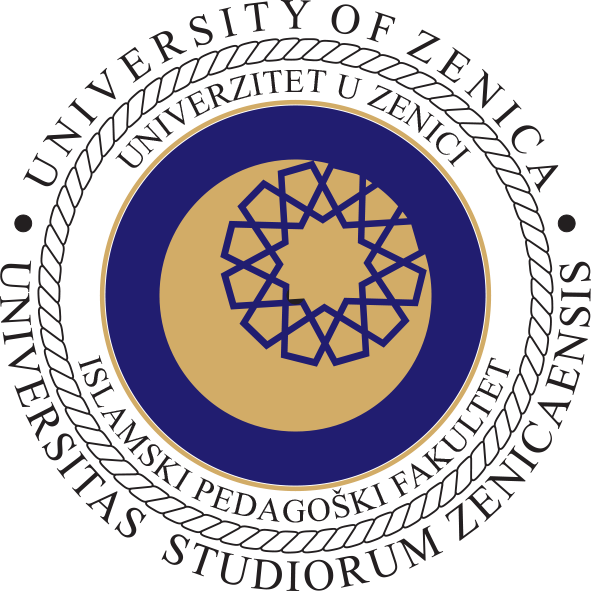Violence and victimization among age-mates
The problem of violence among students is becoming more serious and it grips teachers, pedagogues and psychologists all over the world. The prevalence of violence is increasing every day and it assumes even greater negative effects. Violent behavior can cause many consequences such as: loneliness, depressive quality, sadness, fear, insecurity, low ...
By Anela Hasanagić
Muhammad Abduhu’s school of reformation and its relation to traditional tafsir
This paper presents the main methodological features of Abduhu’s school of reformation in the field of tafsir, especially its relation to traditional explanation of Qur’an. There is little doubt that this school, despite the critiques, initiated a range of useful things in Islamic world. Its influences to subsequent generations of scholars, through...
By Safvet Halilović
On the other side of manichaen differences: on Rogers Brubaker’s understanding nationality
The aim of this short essay is to present an attempt to redefine conceptual distinction between civic and ethnic nationalism through a Rogers Brubaker’s dissertation, as well as to extend and deepen the publics’ interest in this American author. Brubaker works as a sociology department head at the University of Los Angeles. He has written many book...
By Šaćir Filandra
Life-long study on sports
The theme of this paper is life-long study on sports. It is a research paper and its aim is to examine if there is statistically important difference in examinees’ attitudes regarding the way sport influences life, the reasons for enrolling the Trainer Academy, expectations, education quality and the ways of permanent improving. Another aim of the ...
By Refik Čatić
The four most well-known Sunnan and their characteristics
Sunnan are Hadith collections recognizable by Hadiths classified according to the Shari’ah legal issues. Actually, they represent a fortunate synthesis of Hadith and Shari’ah law, so they have been especially useful for Shari’ah lawyers in making decisions according to legal principles of Shari’ah. These Hadith collections were the characteristic o...
By Šefik Kurdić
Combining traditional and rational methods in Handžić’s interpretation of Qur’an
Mehmed ef Handžić is considered to be one of the most prominent alims in the last century. Although he lived only 38 years (1906-1944) he wrote an imposing number of various works. He is one of the few, from the newer generation of Bosnian scholars that wrote original works in native language as well as in Arabic. He wrote works on Hadith, Aquida, ...
By Halil Mehtić
Architecture as a space-enriching thought of islam
Together with calligraphy and arabesque architecture is considered the most authentic artistic form of Islam. It takes the central place in the hierarchy of its art. Islamic architecture as a special art of constructing and organizing area in a particular way conveys the spirit of “new” religion. It represents the development and numerous complexit...
By Nusret Isanović
Catalogues – means of accessing islamic manuscripts in Bosnia and Herzegovina
Islamic manuscript books had an over-eminent role in the spreading of literacy and dissemination of knowledge of Islamic provenance in Bosnia and Herzegovina not only among ulemah circles but rather among ordinary people in general. Those facts are proved by several thousands of such books which are preserved in national and foreign collections, mo...
By Enes Kujundžić
Ahl-sunna methodology of the study of aquida issues
Ahl-sunna has a specific and recognizable method as well as rules it applies to studying shariah issues in general, and especially to aquida themes that distinguish it from various sects and factions. However, today the method and rules that were clear to the members of ahl-sunna through generations are almost unknown. For that reason some of the r...
By Zuhdija Adilović
Examining moral values of primary-school youth
The theme of this paper is examining morals in the context of religion and we start out of the standpoint of their mutual dependency. It is a research paper and its primary goal is to examine to what extent the studying of religious teaching affects the defining of moral values. Considering the fact that research results could easily deviate from ...
By Izet Pehlić, Amir Šarić



